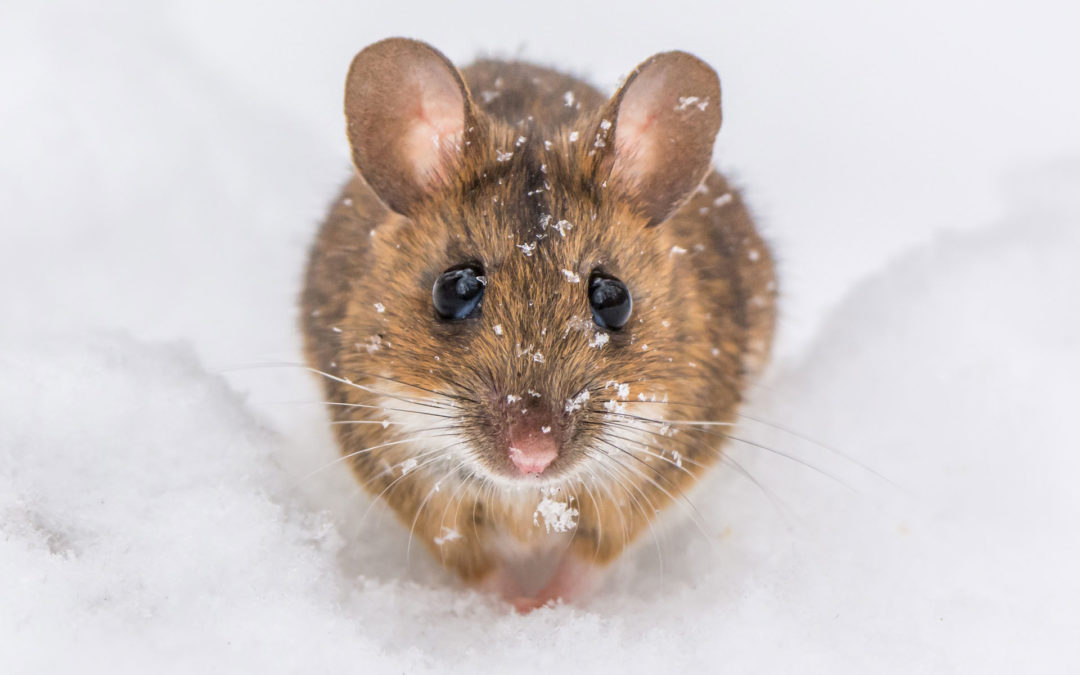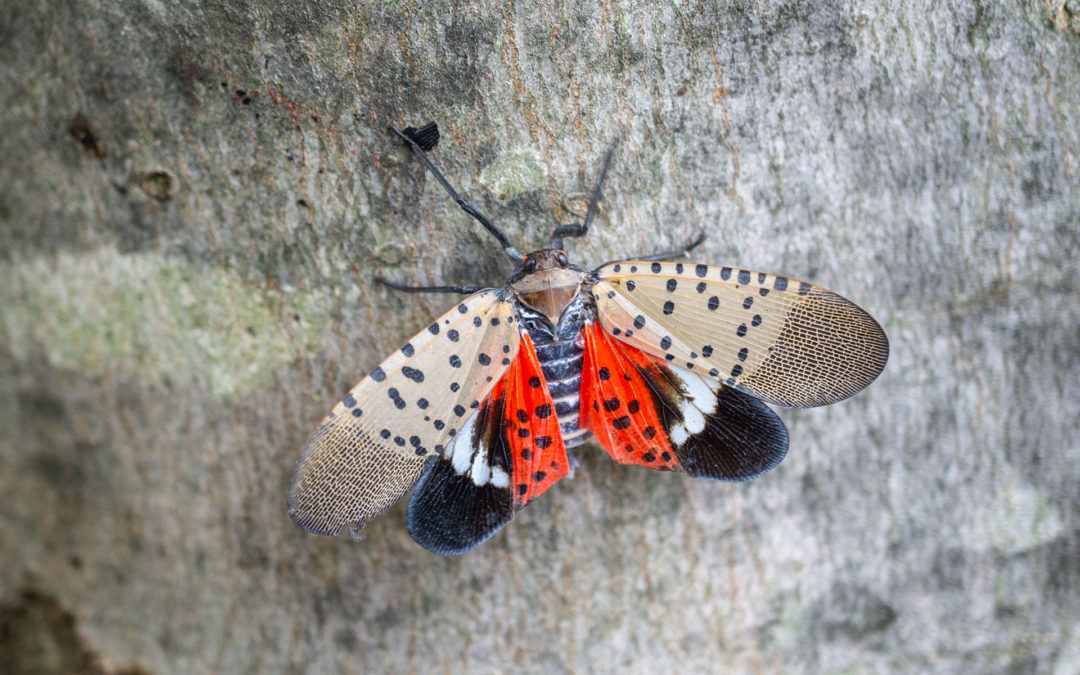
by Eco Care | Mar 12, 2019
Ants are one of the more prevalent and hard to get rid of pests you might encounter in your yard or home. Surprisingly, there are a wide variety of ants that inhabit Maryland, some of which are relatively harmless and some of which can do significant damage to your home or even hurt you.

by Eco Care | Feb 28, 2019
Spring is right around the corner and that means one thing (at least in terms of pest control): A lot more insects! As the weather gets warmer, insects start to lay eggs, which then hatch their larva. And of course, those larva need food (it’s the cycle of life, after all). That could be trees or bushes, but it could also be your home.

by Eco Care | Jan 28, 2019
Bed bugs are the scourge of hotels and homeowners alike, as they’re often extremely difficult to get rid of. They’re small pests that live off the blood of humans and animals, and they can cause itching and rashes. They can also transmit parasites that can cause the deadly Chagas disease, which kills about 50,000 people per year globally. And while they’re usually found in mattresses, if left unchecked, bed bug populations can spread to other parts of the house.

by Eco Care | Jan 28, 2019
There’s a funny urban legend about a woman buying a cactus at a home furnishings store. She takes it home, finds a nice place for it, and leaves it. A little later, out of the corner of her eye, she thinks she sees the cactus plant moving. She turns to look, but it’s not moving. Later, she thinks she sees it moving again. This time, she goes to inspect the plant, only to find it wasn’t the plant that was moving, but thousands of tiny spiders!

by Eco Care | Dec 21, 2018
As temperatures continue to drop and our thermostats continue to climb, our homes are starting to become an inviting place for mice to make their winter home. This is particularly true if you live in heavily wooded areas, though we’ve seen plenty of mice and other rodents in city settings as well.

by Eco Care | Nov 11, 2018
Lanternflies, an invasive Asian insect that looks similar to a moth and feasts on more than 70 types of plants and crops, were recently spotted in Maryland






